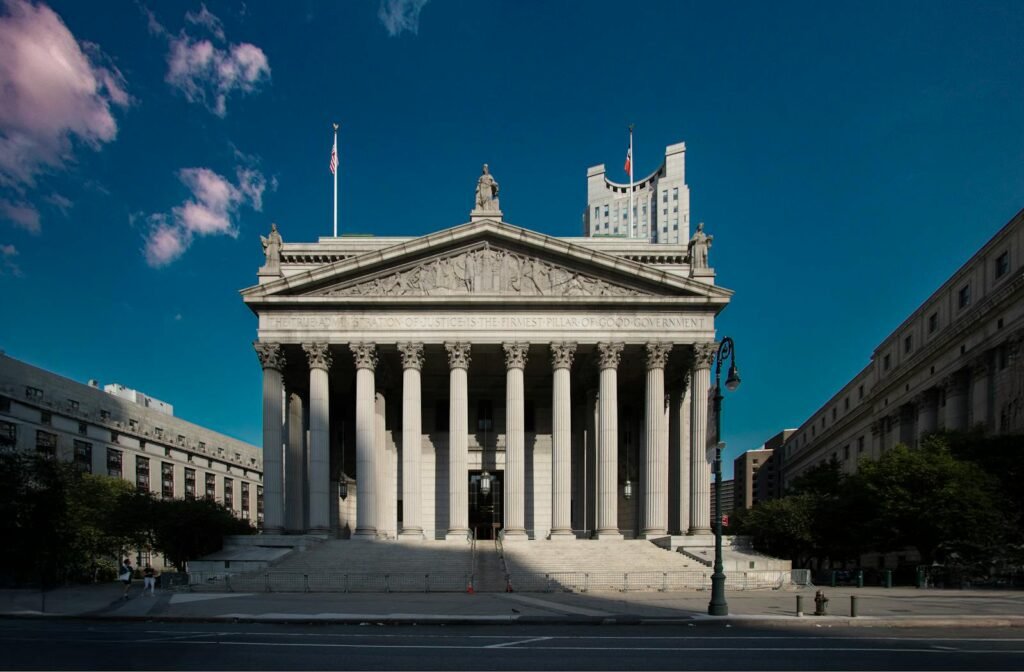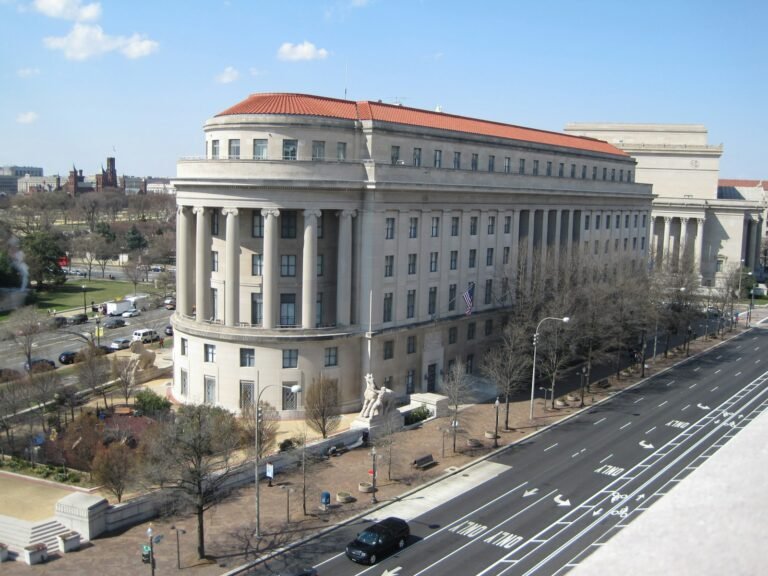
Over 22 state attorneys general, have secured a nationwide preliminary injunction in the case Massachusetts v. NIH. This ruling prevents the Trump administration, the Department of Health and Human Services (DHHS), and the National Institutes of Health (NIH) from cutting billions of dollars in funding that support critical medical and public health research at universities and research institutions across the country.
“This ruling is a major victory for Marylanders and for the future of medical innovation nationwide,” said Maryland Attorney General Brown. “Seriously ill patients rely on federally funded clinical trials as their last hope for survival, and our state’s leading research institutions need these vital resources to discover treatments for deadly diseases like cancer, heart disease, and ALS. While the case is ongoing, I am relieved that this critical funding will continue flowing to support life-saving research.”
“This ruling is a victory for life-saving medical research and the millions of people who have benefited from it,” said Arizona Attorney General Mayes. “The Trump Administration’s reckless attempt to gut critical NIH funding would have derailed groundbreaking innovations and put lives at risk. I will continue to fight to ensure that Arizonans have access to the best medical advancements possible.”
“Last month, my fellow attorneys general and I secured a temporary restraining order, which blocked the Trump Administration from eviscerating funding for life-saving medical research. Now, we have secured a preliminary injunction that continues barring the Trump Administration from implementing the NIH funding cuts,” said California Attorney General Bonta. “The court’s order also notes that we are likely to succeed on the merits of our claims. As we have said before, we will not allow President Trump to play politics with our public health or to break the law.”
“Today’s ruling is great news for the medical institutions across Minnesota engaged in lifesaving public health research, as well as for the people across America who are counting on that research to help cure diseases and develop new medical treatments,” said Minnesota Attorney General Ellison. “Our tax dollars help fund NIH and Congress passed legislation directing NIH to support medical research. Donald Trump has absolutely no right to cut off that essential research funding and subvert the will of Congress with the stroke of a pen. The last thing we need is to inject politics into lifesaving medical research.”
The preliminary injunction, issued by the U.S. District Court for Massachusetts, protects crucial funding for biomedical research, including grants for laboratory costs, faculty, infrastructure, and utilities. These funds are integral to the ongoing scientific breakthroughs that have solidified the United States as a global leader in medical and public health research. Without these resources, vital research initiatives aimed at treating diseases could be jeopardized.
On February 10, just hours after the coalition filed its lawsuit against the administration, a judge granted a temporary restraining order against the NIH, blocking its attempt to cut the vital research funding. The recent ruling effectively replaces this order, ensuring the Trump administration cannot make these devastating cuts while the case proceeds.
The NIH is the primary source of federal funding for medical research in the U.S. Over the years, NIH-backed research has led to transformative breakthroughs, including treatments for various cancers and the first-ever sequencing of DNA. Additionally, numerous Nobel Prizes have been awarded to scientists whose work was funded by NIH grants.
“The president may want to play politics with public health, but we refuse to risk the resources Americans rely on,” said New York Attorney General James. “Without this lawsuit, New York could have lost $850 million in funding and researchers would have been forced to abandon vital research projects on cancer and Alzheimer’s disease. We will always fight back against these harmful, illegal cuts that slow down life-saving medical research, hurt our economy, and take away jobs.”
“Today’s preliminary injunction is a critical win for the health of Americans everywhere,” said Rhode Island Attorney General Neronha. “People lead healthier lives because of the extraordinary, groundbreaking medical research conducted at institutions like URI, Brown, and countless others; research that yields public health advancements upon which many of us rely, whether we realize it or not. And so, as long as this Administration continues its illegal acts, in this case and others, we will continue fighting for justice on behalf of the American people.”
“This attempt to slash funding for research awards that have already been granted violates the law and would cost North Carolina’s public universities hundreds of millions of dollars every year going forward,” said North Carolina Attorney General Jeff Jackson. “It would permanently diminish higher education in our state and severely damage many of our state’s core industries, causing major layoffs. The court was right to stop this federal overreach, and I’ll keep fighting to protect our state’s economic future.”
“This funding supports life-saving research that benefits every American, from new treatments to novel cures,” said Maryland Attorney General Brown. “I am proud to stand with my colleagues in protecting these resources and ensuring they continue to advance public health and medical research.”
Joining Attorney General Brown in the coalition are the attorneys general of Arizona, California, Connecticut, Colorado, Delaware, Hawaii, Illinois, Maine, Massachusetts, Minnesota, Michigan, Nevada, New Jersey, New Mexico, New York, North Carolina, Oregon, Rhode Island, Vermont, Washington, and Wisconsin.
During the State of the Union address, President Donald Trump delivered a heartwarming moment by honoring 13-year-old D.J. Daniel, a brain cancer survivor who dreams of a career in law enforcement. Dressed in a police uniform, the young boy beamed as Trump announced he would be made an honorary U.S. Secret Service agent, a gesture that brought the audience to its feet.
D.J., who has battled brain cancer for six years, held his arms high as the president recognized his resilience and aspirations. “This young man’s dream is to go into law enforcement,” Trump said, adding that he had asked the new Secret Service director to officially appoint D.J. as an agent.
While the moment highlighted Trump’s flair for theatrics and his ability to connect with individuals, critics were quick to point out the stark contrast between this gesture and his administration’s policies on medical research funding.
According to The Associated Press, the Trump administration has significantly slashed funding for medical research, a move that scientists warn could endanger patients and cost jobs. The National Institutes of Health (NIH), the primary funder of biomedical research in the U.S., awarded approximately $35 billion in grants last year. These funds are divided into “direct” costs, such as researchers’ salaries and lab supplies, and “indirect” costs, which cover essential administrative and facility expenses.
The Trump administration has dismissed these indirect costs as “overhead,” but universities and hospitals argue they are critical to supporting groundbreaking research. Indirect costs include expenses like electricity for advanced machinery, hazardous waste disposal, safety compliance staff, and janitorial services.
The new NIH policy would strip hundreds of millions of dollars from research groups studying diseases like Alzheimer’s, cancer, and heart disease. This reduction could hinder clinical trials for new treatments and delay the basic lab research that forms the foundation of medical breakthroughs.
While Trump celebrated D.J. Daniel’s survival and the promise of American healthcare during his speech, critics argue that his administration’s cuts to medical research funding undermine the very system that could give others like D.J. a chance at life.


